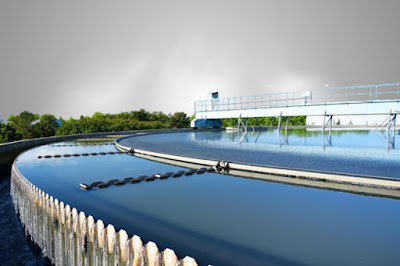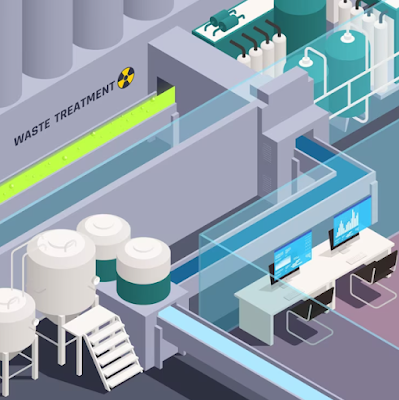DISCOVER THE TOP 5 ADVANCED TECHNOLOGIES IN WATER TREATMENT
One of the most valuable commodities on our planet is water, and the lack of it in some regions has heightened the need for cutting-edge water treatment technology. Technological developments have produced a range of water treatment procedures, from conventional filtration and disinfection systems to more sophisticated ones that use cutting-edge approaches to filter water. There are many water treatment companies in Chennai.
We will talk about some of the most cutting-edge water treatment methods in this article.
Reverse Osmosis (RO) Technology
A semi-permeable membrane is used in the reverse osmosis method of water purification to cut dissolved particles, organic molecules, and other contaminants. The techniques operates by applying pressure to the water and forcing it through the membrane, which captures the contaminants and releases only clean water.
The removal of the types of contaminants, including bacteria, viruses, and heavy metals, is made possible by the widespread use of RO technology in industrial and domestic settings.
Ultraviolet (UV) Disinfection
UV light is used in the water treatment process, known as ultraviolet disinfection, to eliminate any diseases and bacteria that may be present in the water. UV disinfection eliminates bacteria, viruses, and other germs while purifying water without chemicals.
UV disinfection is used in municipal water treatment systems to disinfect drinking water and in water treatment systems for domestic and commercial purposes, such as in swimming pools and spas.
Membrane Bioreactor (MBR) Technology
To treat wastewater, a membrane bioreactor uses a combination of biological and membrane filtration techniques. The MBR method first breaks down organic matter and other contaminants in the wastewater using a natural reactor. Then it filters out any leftover solids and impurities using a membrane filtration system.
Municipal wastewater treatment facilities use MBR technology because it is efficient in getting rid of various contaminants, including bacteria, viruses, and other microorganisms.
Electro-coagulation ( EC) Technology
An electric current is used in the water purification process, known as electro-coagulation, to cut pollutants. By applying an electric charge to metal electrodes, this method creates charged ions that draw in and coagulate water contaminants.
Major pollutants, including heavy metals, organic debris, and other impurities, can be eliminated with EC technology. It is used for home water filtration and wastewater treatment in industrial settings.
Nano-filtration (NF) Technology
A membrane is used in the water treatment process known as nano-filtration to remove pollutants from water at the molecular level. For the NF technology to function, water must be forced through a membrane with tiny pores that only permit the passage of water molecules and small ions.
Many contaminants, such as bacteria, viruses, and other pathogens, as well as dissolved salts, organic debris, and other impurities, can be removed with NF technology. In municipal and commercial water treatment plants, it is employed.
In conclusion, these are some of the advanced technologies in a water treatment plant in India that are being used worldwide to provide clean, safe, and healthy water for human consumption and other purposes. As technology continues to advance, we can expect to see even more innovative methods of water treatment being developed, providing new solutions to the challenges of water scarcity and pollution. H2O Bazaar brings together the water treatment and sewage treatment plant, i.e., STP plant manufacturers, on a single platform. Visit our website today!




Comments
Post a Comment